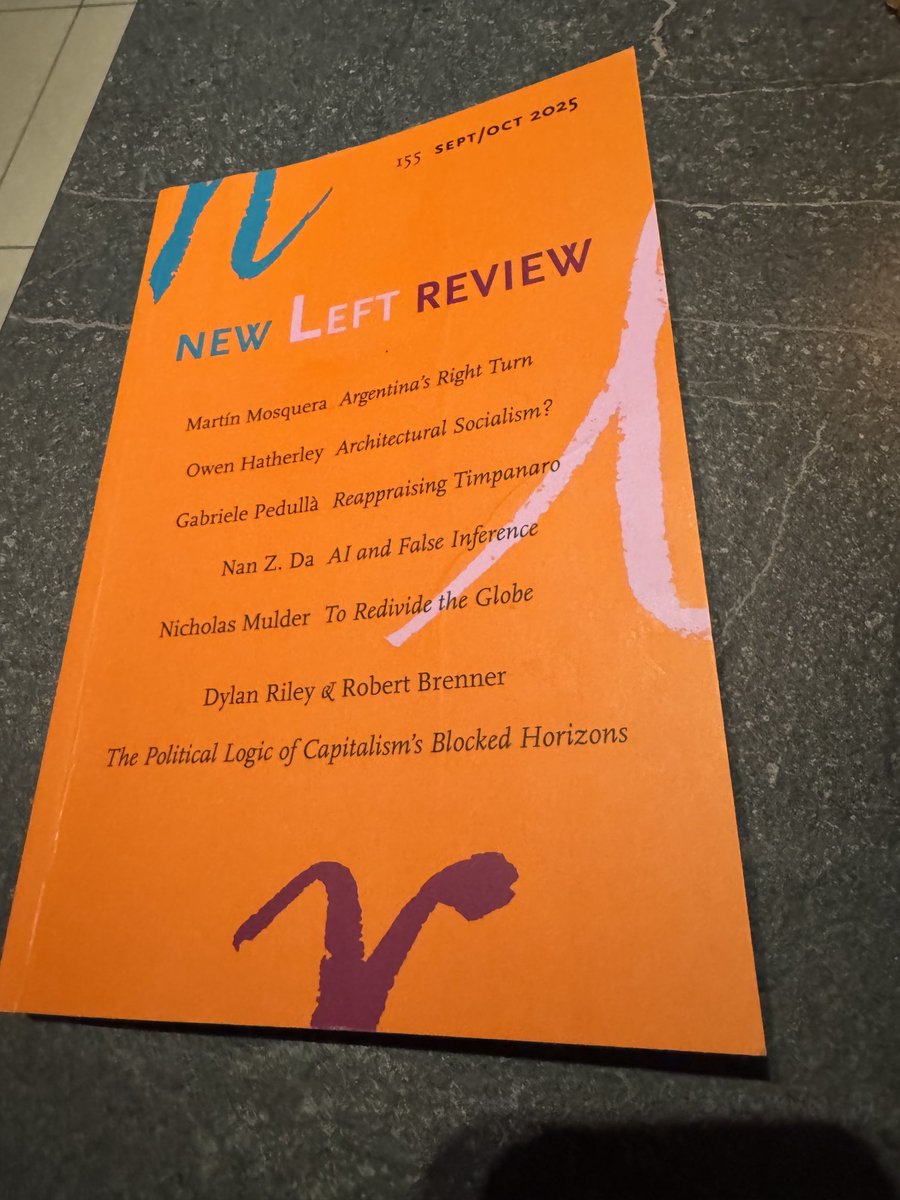I would cautiously say that I think this review is roughly right. Rowan is of course right to say infinite and finite are at incommensurate levels even in Christ. So there is no fusion. But just for this reason there can be paradoxical personal coincidence of infinite and finite.
https://twitter.com/EOrthodoxy/status/1158351027151822848
The curious thing about Rowan’s book is that he so admirably exalts Aquinas for following the true Cyrilline trajectory that insists on the entirely divine character of Christ’s being and unity but underplays the communication of idioms that is part and parcel of this view.
Thus I think Jordan is right to indicate that he underplays the resulting paradoxical hypostatic unity that is the God-Manhood.
For me by contrast with Rowan Calvin does not correct Luther’s Christology, but makes the equal but opposite error from a Catholic perspective. The extra Calvinisticum and the reduction of the comm idiomatic to metaphor amounts clearly to near-Nestorianism.
It follows that what renders Rowan’s book quite hard to follow is the endorsement of Aquinas’ single esse Christology on the one hand and the Extra Calvinisticum on the other.This would seem to read the former as if it meant an ‘excess’ over the Incarnation in the infinite Logos.
But that indeed as Jordan indicates reverts to a rivalry or ‘Concursus’ view of the infinite/finite relation. For Aquinas that absolutely nothing is ‘added’ to the eternal Son means from all eternity he is absolutely at one with the humanity of Jesus.
Via a ‘decision’ coterminous with the eternal generation of the Son as such. Just as the decision of God to create is coterminous with this generation for Thomas.
Nothing in either Luther or Calvin is really like this because of their impoverished theological legacy.
Rowan’s inclusion of Bonhoeffer is also to me inconsistent with the more Catholic thrust of the book because B after Grotius insists on God’s standing alongside an entirely ‘independent’ finite world. But this *does* assume a kind of rival equality of that world with the infinite
Whereas the non-rival and asymmetrical view implies no free-standing of the finite and its existence only as analogical elevation and transfiguration by grace.
Radicalised by the Incarnation this means deification and transformation of the cosmos into the body of Christ through personal unity. Not at all a sort of divine Kenosisis towards an independent realm.
Exactly the lack of rivalry between infinite and finite grants the finite no real independent existence. By pretending to this at the Fall, our salvation can only consist in direct divine personification of our fallen finite nature.
Thus as at times Rowan himself strongly insists the union of God and Man is not in nature but in ‘style’ and ‘character’ now seen as the most concretely substantive thing at all. Perhaps Jordan makes hypostasise sound too much like a ‘bare’ thing.
The new thing with Christianity is the merging of solid thing with ethereal personality. The idea that personhood in theology is to do with personality is a mistake is itself a huge mistake.
Nevertheless Rowan, by endorsing Calvin, seems oddly to back away from the link of the ‘one style’ of the God-Man with the communication of natural idioms.
He also strangely seems not to see that the Bonhoeffer dialectical ( not analogical) view of the coincidence of outside the world with inside the world us linked to the Lutheran Monophysite ‘container’ view of the Creation he so explicitly refuses.
One could read all this as Rowan’s attempt to be seriously Anglican. But Calvin and Luther are simply not compatible with the Fathers and Aquinas. All the same later Protestant thinkers often backed off from them in more Catholic ways.
Thus Hooker is very strong on the communication of idioms and much nearer to Aquinas in his Christology than Calvin is.
Important to read alongside Rowan’s book also Aaron Riches’ book on Christology. He makes many similar points historically but then concludes in the 17thC with Berulle and then Chardon’s radical Mariology. Surely they are more authentically in the Byzantine line RW celebrates?
Finally and likely beyond Jordan and even Aquinas I think that just *because* nothing is added to the Logos by the Incarnation that from all eternity God is also the God-Man. It is blasphemous to suppose God might not have ‘decided’ this because he simply ‘is’ this ‘decision’.
• • •
Missing some Tweet in this thread? You can try to
force a refresh





